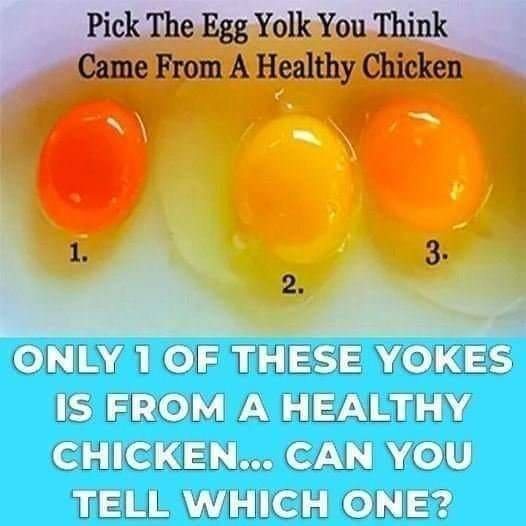ADVERTISEMENT
Tips for Choosing Quality Eggs: How to Select the Best for Your Meals
Eggs are a kitchen staple, appearing in everything from breakfast scrambles to baked goods. But not all eggs are created equal, and choosing high-quality eggs can make a difference in the taste, texture, and nutritional value of your dishes. With so many options on the market, it can be confusing to know which eggs are the best choice. Fear not! We’ve put together a guide to help you select the freshest, most nutritious, and highest-quality eggs available. Here’s everything you need to know to make the right decision when shopping for eggs.
1. Understand Egg Labeling Terms
Egg cartons often have a variety of labels that can make choosing the right eggs a bit overwhelming. To help you navigate the options, here’s what some common labels mean:
- Cage-Free: These eggs come from hens that are allowed to roam freely indoors but may still be confined to a barn. While they have more space than caged hens, they may not have access to the outdoors.
- Free-Range: This term indicates that the hens had access to the outdoors, although the amount and quality of time spent outside can vary. Free-range eggs are often considered a better choice than cage-free eggs.
- Pasture-Raised: Hens raised in pasture conditions have access to large outdoor spaces where they can forage for food and live a more natural lifestyle. These eggs are usually of the highest quality when it comes to taste and nutritional value.
- Organic: Organic eggs are laid by hens that are fed organic feed and are free from synthetic pesticides and fertilizers. They are also usually cage-free or free-range, although the specifics can vary by brand.
- Omega-3: Omega-3 eggs are enriched with omega-3 fatty acids, which are added to the hens’ feed. These eggs are a great option if you’re looking to boost your intake of healthy fats.
- Non-GMO: Non-GMO eggs come from hens that are fed feed that does not contain genetically modified organisms (GMOs). If you’re concerned about GMOs, these eggs might be a good choice for you.
- Brown vs. White: The color of the eggshell does not affect the taste or nutritional value. Brown eggs are laid by hens with red feathers, while white eggs are laid by hens with white feathers. The difference is purely cosmetic.
2. Check the Expiration Date
While eggs can stay fresh for several weeks, they do have an expiration date. Always check the sell-by or use-by date on the carton to ensure you’re getting eggs that are fresh. However, eggs can often last a little longer than the date listed. You can check their freshness with the water test (more on that in a minute).
3. Perform the Water Test
If you’re unsure about the freshness of your eggs, you can perform the water test. Fill a bowl with cold water and gently place your eggs in it:
- Fresh eggs will sink to the bottom and lay flat on their sides.
- Slightly older eggs will stand upright but still remain at the bottom.
- Bad eggs will float to the surface, which means they should be discarded.
Eggs naturally lose moisture and air over time, which causes them to float when they’re no longer fresh.
For Complete Cooking STEPS Please Head On Over To Next Page Or Open button (>) and don’t forget to SHARE with your Facebook friends
ADVERTISEMENT
